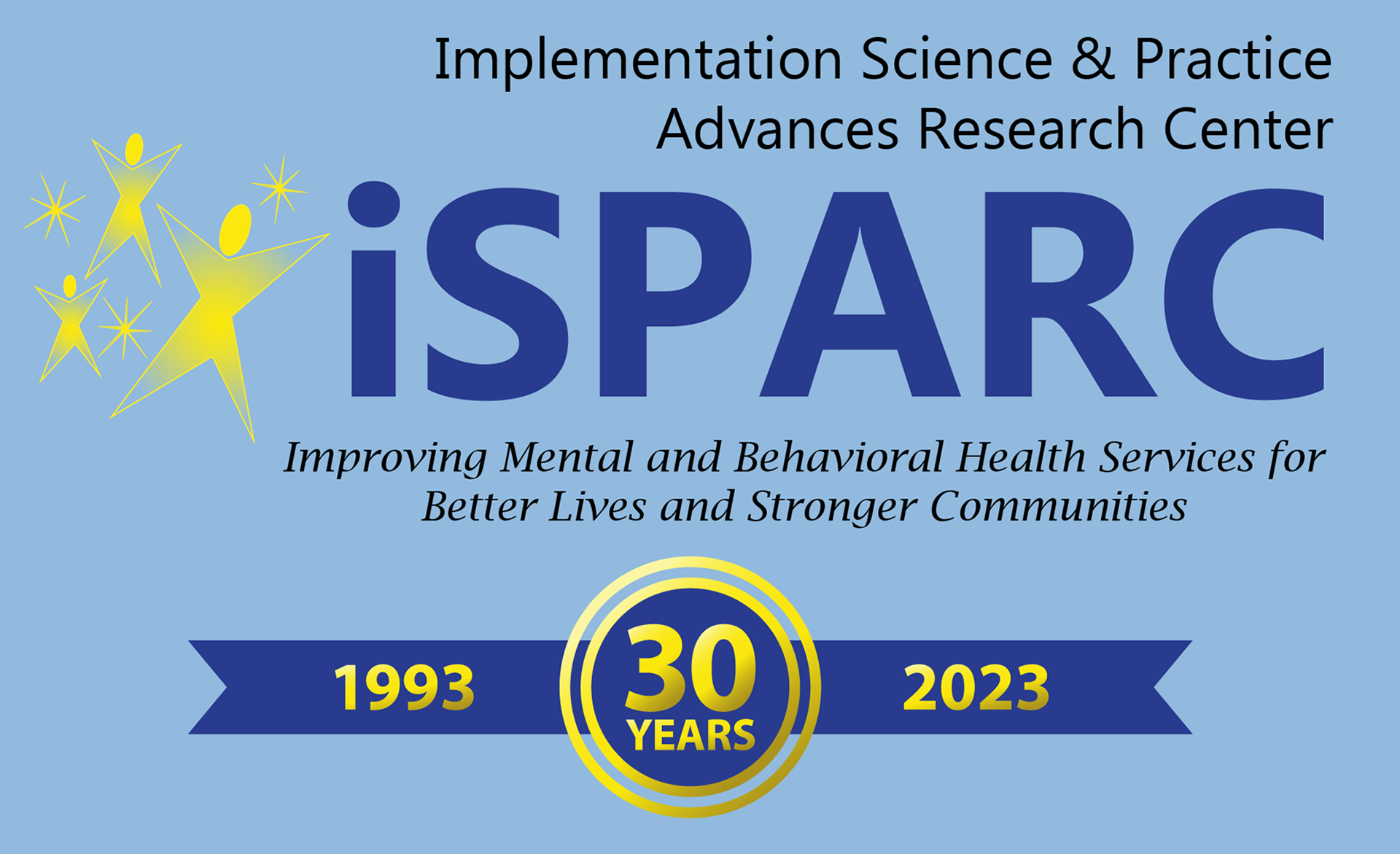Juvenile Justice & Assessment
|
Juvenile justice systems benefit from assistance in applying developmental research and evidence-based approaches into their laws, policies, and practices. Juvenile justice systems need ways to identify youths’ behavioral health and rehabilitation and treatment needs across various settings (such as pretrial detention, juvenile court clinics, probation, and juvenile corrections). Our research focuses on improving the identification of and response to the behavioral health, delinquency risk, and strengths of youth in juvenile justice systems. We help juvenile justice systems to adopt best practices for the screening and assessment of youth to identify needs, as well as to conduct effective case management to reduce the likelihood of reoffending and improve lives of youth and families. We have conducted multiple studies assessing the effectiveness of implementing risk/needs assessment and behavioral health screening tools into different points of the juvenile justice system. We are also interested in how juveniles’ psychological developmental characteristics impact their functioning in legal settings. We provide training and technical assistance to juvenile justice agencies for effective implementation of screening and assessment policies and practices. Our work has focused on:
|
|
Creation and Validation of a Detention Screening Tool for Risk of Serious Harm
Title: Creation and Validation of a Detention Screening Tool for Risk of Serious Harm
Funder: Colorado Division of Youth Services
Funding: $202,000
Dates: 7/1/2022-6/30/2024
PI: Gina Vincent, Ph.D
Description: Researchers are partnering with the CO Division of Youth Services to develop and validate an innovative detention screening tool to detect substantial risk for serious harm among youth considered for short-term, pre-trial detention. The tool will be implemented across the state to inform decisions about who should be held in detention versus managed in the community while awaiting trial in an effort to decrease use of unwarranted confinement and racial disparities.
Pretrial Risk Assessment: Behavioral Health and Racial Equity
Title: Pretrial Risk Assessment: Behavioral Health and Racial Equity
Dates: 7/1/2022 - 6/30/2024
Funder: John D. & Catherine T. MacArthur Foundation (sub-award from Policy Research Associates)
Funding: $350,000
PI: Gina Vincent, Ph.D.
Description: This is a two-year research project to partner with a network of researchers examining the potential for different types of pretrial risk assessment tools to reduce disparities in carceral decisions by race, and presence of mental health or substance use concerns. We will partner with multiple adult and juvenile justice agencies to examine the impact of risk tool characteristics on system uptake and presence or absence of test bias by race, mental health, and substance use concerns.
Validation and Implementation of the OYAS-Div Risk Screen Project
Title: Validation and Implementation of the OYAS-Div Risk Screen Project
Time Frame: 4/1/2015 - 3/31/2016
Funding: Arkansas Advocates for Children and Family
Budget: $22,003
PI: Gina Vincent, Ph.D.
Description: This subcontract is to locally validate and implement the Diversion version of the Ohio Youth Assessment System in juvenile intake offices in Arkansas. Gina Vincent, PhD (PI) and Rachael Perrault, MA (Research Project Director) at UMass Chan will oversee the integration of the OYAS screen into juvenile intake in one county for data gathering purposes. The goal is to obtain a sample of 200 to 250 youth who receive an OYAS screen by an intake worker. This sample of youth will be used to derive a temporary cutoff score on the OYAS based on the overall distribution of scores. Re-offense data on this sample of youth will be needed to derive a more valid cutoff score for the OYAS screen for use at juvenile intake in Arkansas. Once the sample of 200 to 250 cases is drawn, UMass Chan will work with the IT Department to track new petition data for this sample in Contexte. We will track new petitions (and convictions) for a period of six months. Once the re-offense data are obtained from the IT Department, UMass Chan will conduct Cox Regressions and Receiver Operating Characteristic curves to determine the best cutoff for use of the OYAS diversion screen. At that time, UMass Chan will assist the AOC with implementing the tool throughout intake departments by drafting policy and determining exactly how it will be used in diversion decisions.
Assessing Threats to the Developmental Reform in Juvenile Justice
Title: Assessing Threats to the Developmental Reform in Juvenile Justice
Dates: 1/1/2014 - 6/30/2016
Funder: John D. & Catherine T. MacArthur Foundation
Funding: $436,220
PI: Thomas Grisso, Ph.D.
Description: This two year project will identify threats to the current wave of juvenile justice reform. Recent nationwide reform of juvenile justice policies and initiatives has been based on principles that promote healthy youth development with evidence-based practices. This study uses strategic threat assessment and forecasting models that identify consensus among a national panel of experts regarding challenges that threaten the continuance of this reform. The project will provide the field a set of strategies to mitigate threats to the continued progress of the current developmental reform of juvenile justice in the United States.
Risk Assessment in Juvenile Probation: Contributions of Mental Health & Substance Abuse to Case Planning & Reoffending
Title: Risk Assessment in Juvenile Probation: Contributions of Mental Health & Substance Abuse to Case Planning & Reoffending
Dates: 1/1/2014 - 12/30/2016
Funder: John D. & Catherine T. MacArthur Foundation & the Office of Juvenile Justice & Delinquency Prevention
Funding: $500,000
PI: Gina Vincent, Ph.D.
Description: A two-year quasi-experimental research study of the impact of implementing risk assessment and risk-needs responsivity in juvenile probation offices in two states.

 Gina Vincent, Ph.D.
Gina Vincent, Ph.D. Thomas Grisso, Ph.D.
Thomas Grisso, Ph.D.